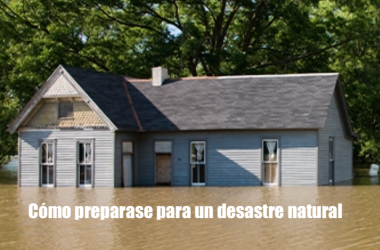CHARLESTON, W.Va. — West Virginia lawmakers are considering making hands-on CPR training a graduation requirement for the state’s high schools.
Officials with the American Heart Association of West Virginia have requested a study of the requirements and presented information on the program Tuesday during an Education Subcommittee B meeting.
The plan would require a 30-minute hands-only cardiopulmonary resuscitation course be taught at least once to students before graduation. Hands-only CPR does not require a mouth-to-mouth component of resuscitation.
Christine Compton, government relations director for the American Heart Association in West Virginia, said last year a similar requirement was introduced through Senate Bill 381. The bill was approved by the Senate, but only cleared one committee in the House before dying.
“That is why we have requested this study be done,” she said.
The original bill required the course be offered to students in grades 9-12. Officials Tuesday presented a sample requirement which expands the years of availability to 7-12.
“The American Heart Association says anywhere between grades 7-12 is acceptable,” Compton said. Students in those grades “have the aptitude to retain that (training).”
Compton said the program would be provided at no cost to school systems. The lessons could be taught by community partners and volunteers, she said.
Compton also said the program could be added without creating an additional burden on educators and students.
“This can be incorporated into existing curriculum, most likely existing health education which already is required for graduation,” she said.
Josh Grant, a coordinator in the Office of Secondary Learning for the West Virginia Department of Education, said knowledge of CPR already is part of the state’s health education content standards. However, the state Department of Education is working to add the “psychomotor” component to those standards, meaning the CPR must be practiced rather than just read about or demonstrated.
“We already are in the process of revising our health and content standards,” he said.
Officials said if the program is adopted, within 20 years more than a third of the state’s population could be CPR trained.
To read more from The Parkersburg News and Sentinel, subscribe here.





